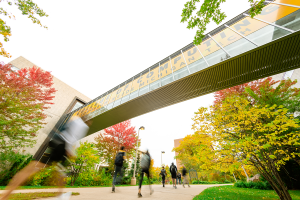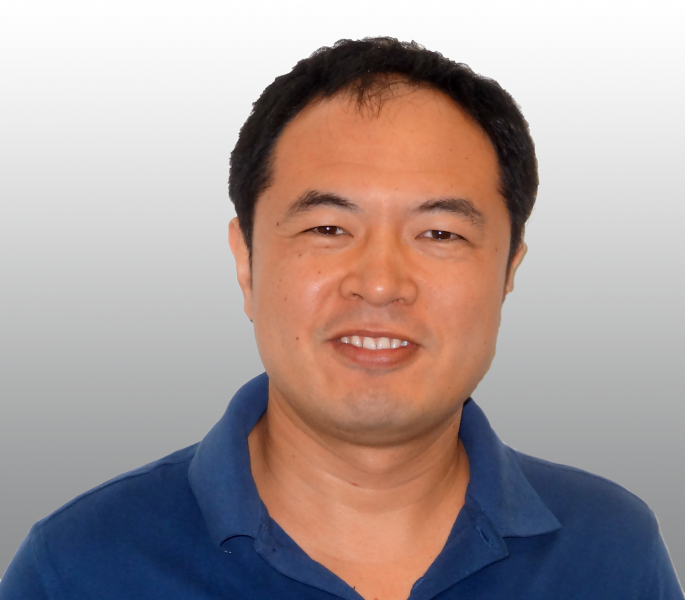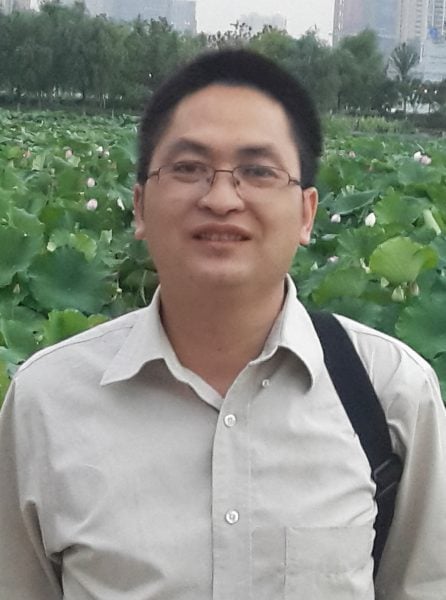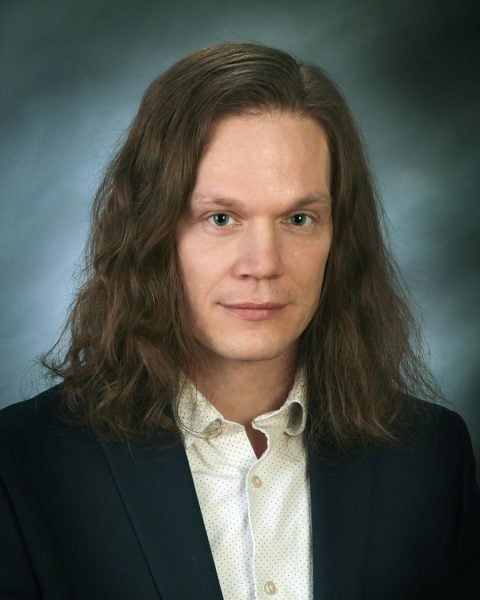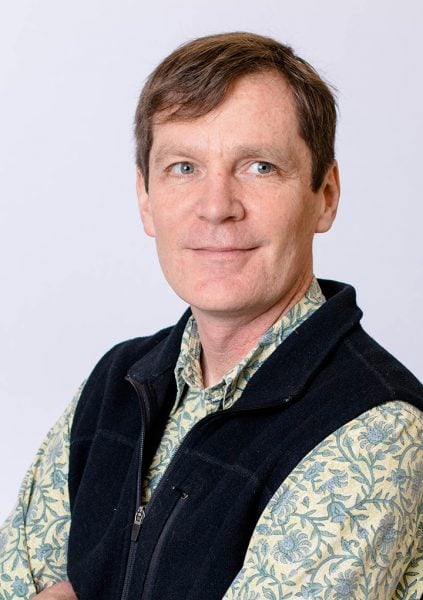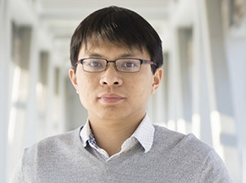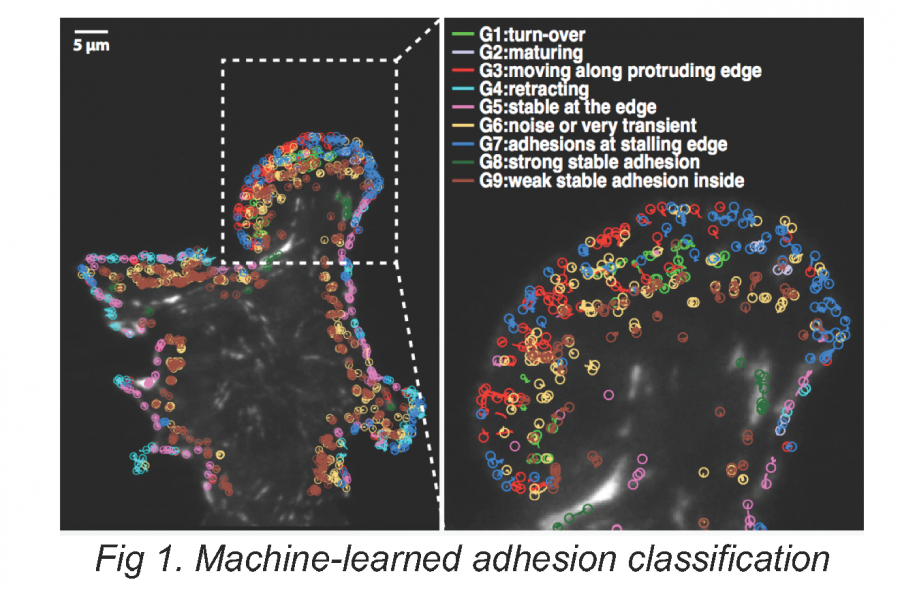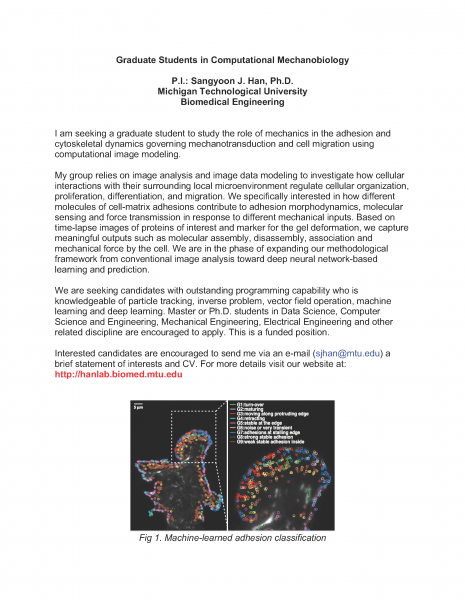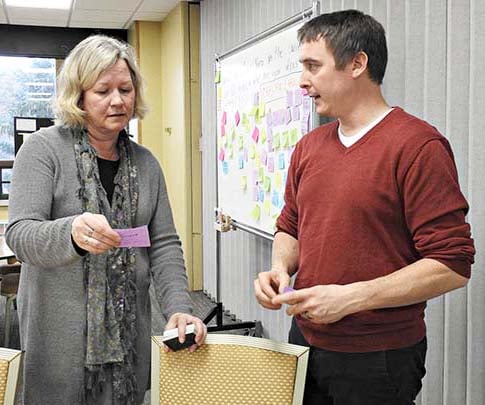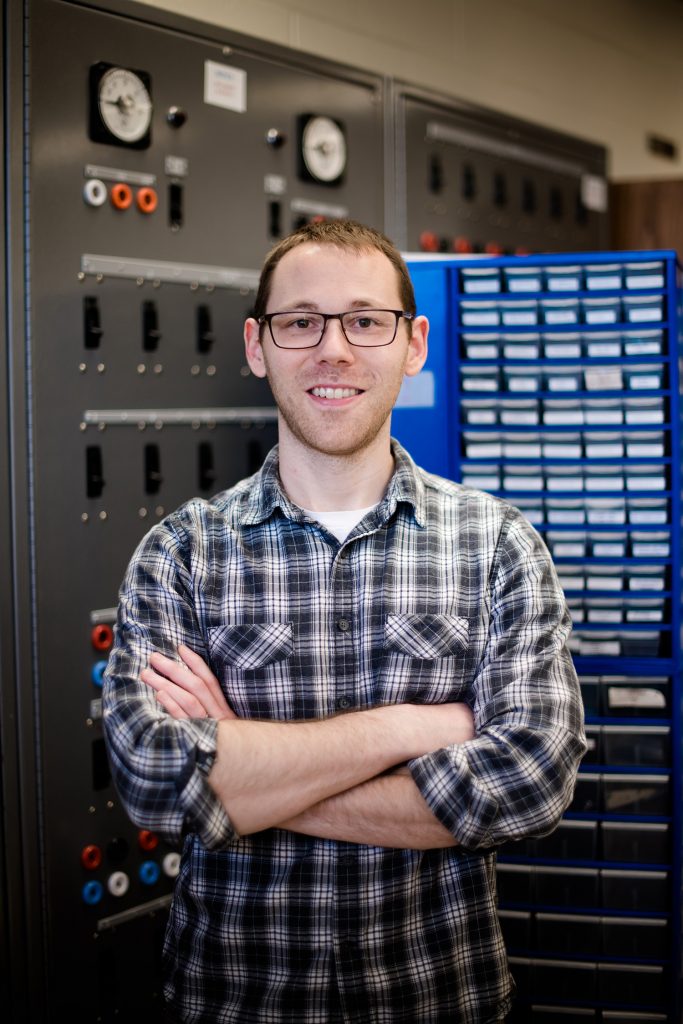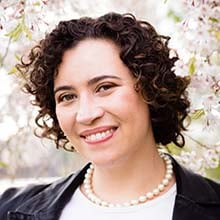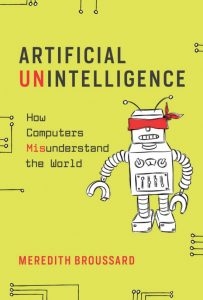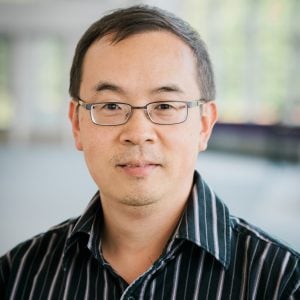
Professor Yu Cai, Applied Computing, a member of the ICC’s Center for Cybersecurity, is the principal investigator on a two-year project that has received a $99,942 grant from the National Security Agency (GenCyber). The project is titled, “GenCyber Teacher Camp at Michigan Tech. ”
Lecturer Tim Van Wagner (AC) and Assistant Professor Bo Chen (CS, DataS) are Co-PIs. Cai will serve as the camp director, Tim Van Wagner as lead instructor.
This GenCyber project aims to host a week-long, residential summer camp for twenty K-12 STEM teachers in 2021 at Michigan Tech. Target educators are primarily from Michigan and surrounding states.

The objectives of the camp are to teach cybersecurity knowledge and safe online behavior, develop innovative teaching methods for delivering cybersecurity content, and provide professional development opportunities so participants will return to their home schools with contagious enthusiasm about teaching cybersecurity.
The GenCyber camp will be offered at no cost to camp participants. Room and board will be provided. Teacher participants will receive a stipend of $500 for attending and completing camp activities.
Read about the 2019 Michigan Tech GenCyber camps for teachers and students here.


